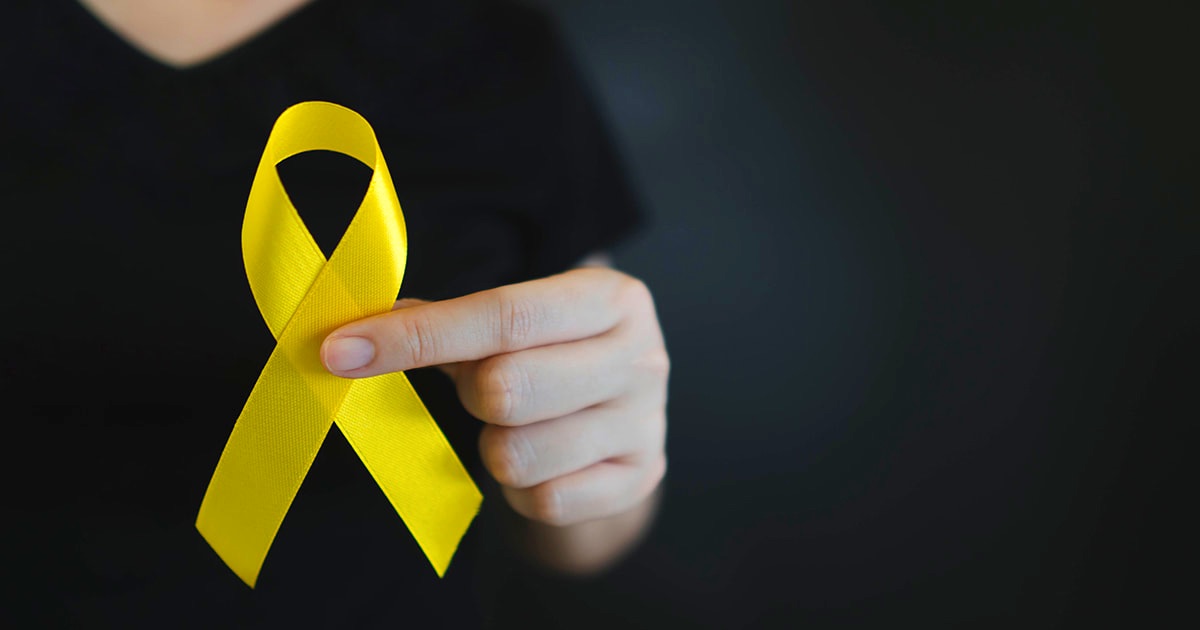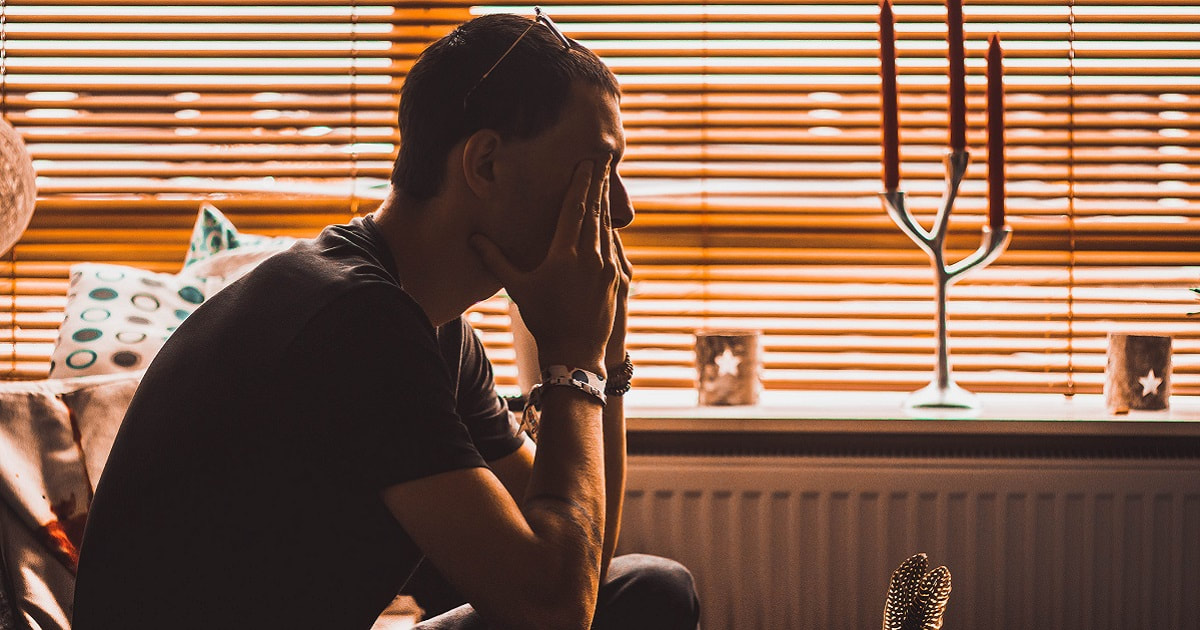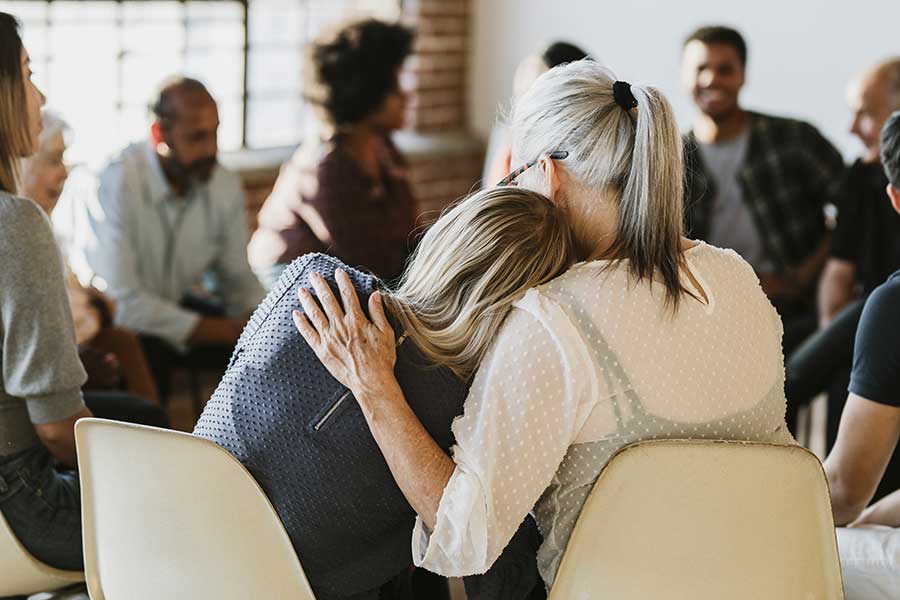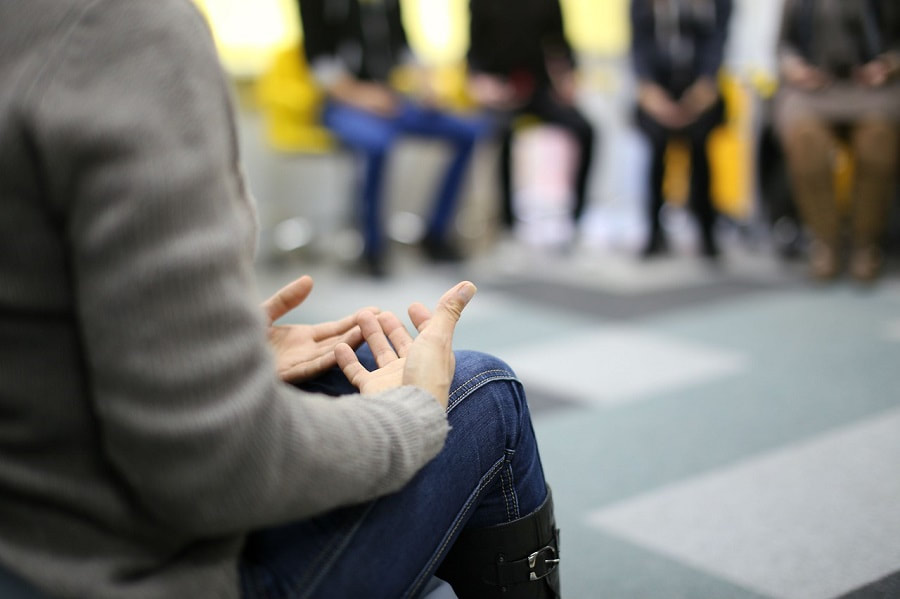September is officially National Suicide Prevention Month, but at the Veterans Administration, every month is Suicide Prevention month.
- by Wendy Sullivan
“Although military veterans who’ve experienced combat or sexual trauma are a higher risk of suicide, anyone who suffers with trauma, depression, chronic pain, or assorted other conditions can be at risk for suicide,” reports Army veteran and licensed clinical social worker, David Singleton. Young adults and teens also are a high-risk group, as they question their identities and self-worth. Peers often are unable to provide the non-judgmental support which they need. For that reason, the VA has expanded its resources beyond veterans to the larger community, because suicide can touch almost everyone. Their website offers a round-the-clock hotline, online chats and even text connections to people in crisis. The site lists numerous resources, including apps to support mental health and help manage stress. The National Suicide Prevention Lifeline (Lifeline) is also available 24 hours a day and can be accessed by family and friends concerned about loved ones for guidance as well as those in crisis. At the VA, follow up is provided by social workers located in the callers’ communities. The social workers focus on linking callers to local services to bridge access gaps for needed care. Treating underlying conditions triggering suicidal thoughts, as well as teaching stress management and distress tolerance, are key interventions used by the suicide prevention team. One VA social worker reported that veterans and families sometimes find that just having help navigating the complex bureaucracy of the VA system can relieve some emotional angst. Other times, additional care or admission for treatment is the key to prevention. The Lifeline website explains that “understanding the issues concerning suicide and mental health is an important way to take part in suicide prevention, help others in crisis, and change the conversation around suicide.” The Lifeline site lists eleven signs – including isolation, withdrawal, and feelings of hopelessness. A common and dangerous myth is that folks who talk about suicide won’t do it. Many times, suicidal individuals talk about it directly or indirectly. These cries for help should always be taken seriously. A community that reinforces the idea that everyone should “pull themselves up by their bootstraps” can unknowingly reinforce the stigma associated with asking for help especially mental health and addiction care. Recognizing the stigma, both the VA and Lifeline offer several resources that are can be accessed anonymously, including confidential phone or online chat services. Despite the resources and information available to help prevent suicide, sometimes individuals fall into such a dark hole of despair that they complete suicide. Some people are successfully able to hide signs and symptoms from family and friends. Public figures like Robin Williams remind us that we don’t always know what is behind the mask. Friends and family members of suicide victims often stuggle with emotional pain and unanswered questions. Questions about the causes often remain unanswered, which can be both confusing and disorienting for family members, especially children and teens. With help and available resources from the VA and Lifeline, they can access strategies for healing. For some, learning that depression can be a fatal disease helps relieve guilt. Families who have experienced the loss of a member through suicide can be supported by a community that offers empathy without judgment. A key to healing means including the entire family by supporting them with care, kindness and acceptance. Suicide prevention involves the entire community. Additional resources are available through the National Suicide Prevention Lifeline at 1-800-273-8255; the VA Suicide Prevention Program, The Trevor Project for LGBTQ youth, and the local Hancock County mental health center in Bay St Louis, the Gulf Coast Mental Health Center, at 228-467-1881. Of course, in case of emergency or acute risk, call 911. Enjoy this feature?
The Shoofly Magazine relies on readers like you to publish stories like this.
Use the button below now to keep 'em coming! Comments are closed.
|
Categories
All
Archives
July 2024
|
Shoofly Magazine Partners
Our Shoofly Partners are local businesses and organizations who share our mission to enrich community life in Bay St. Louis, Waveland, Diamondhead and Pass Christian. These are limited in number to maximize visibility. Email us now to become a Shoofly Partner!




































 RSS Feed
RSS Feed























